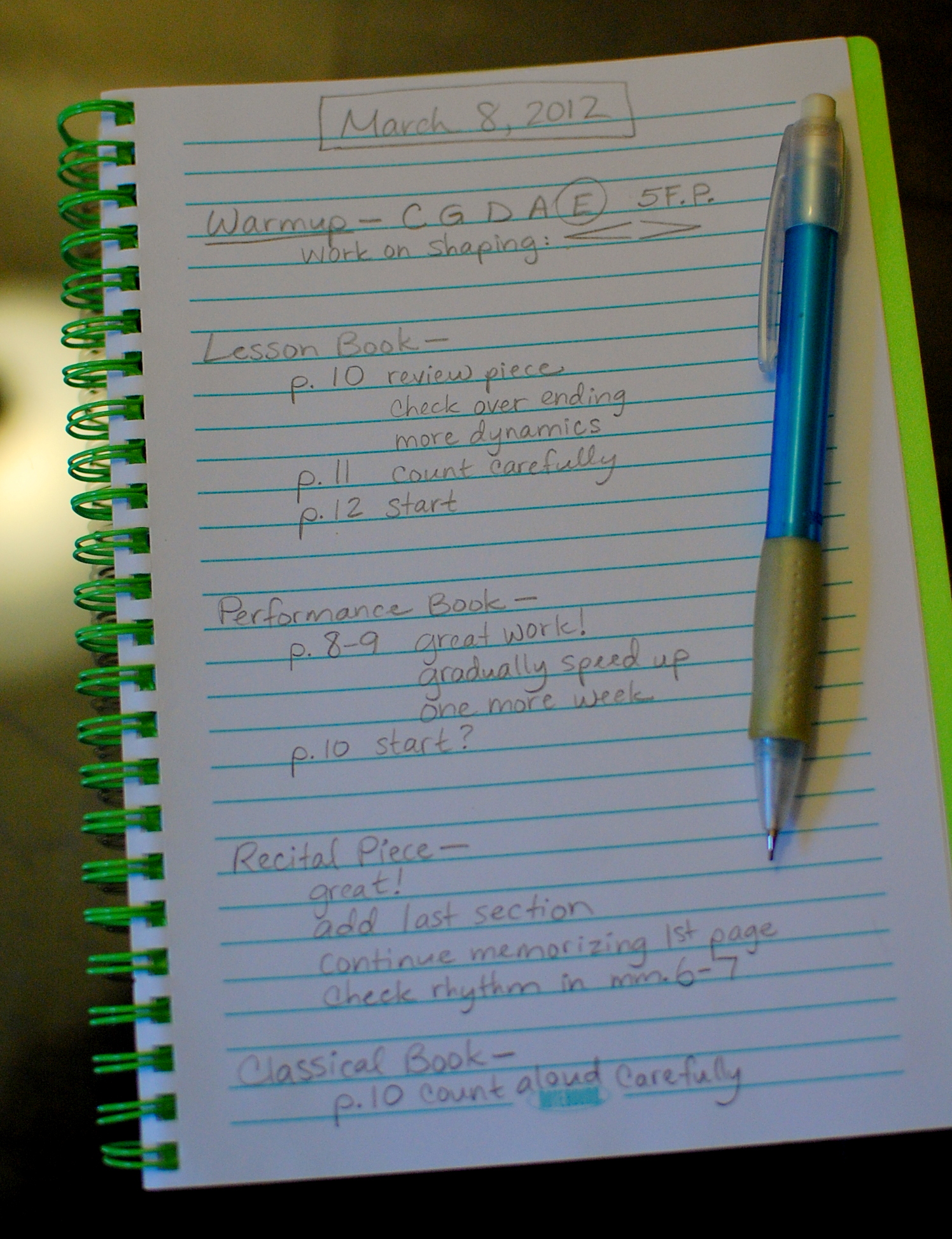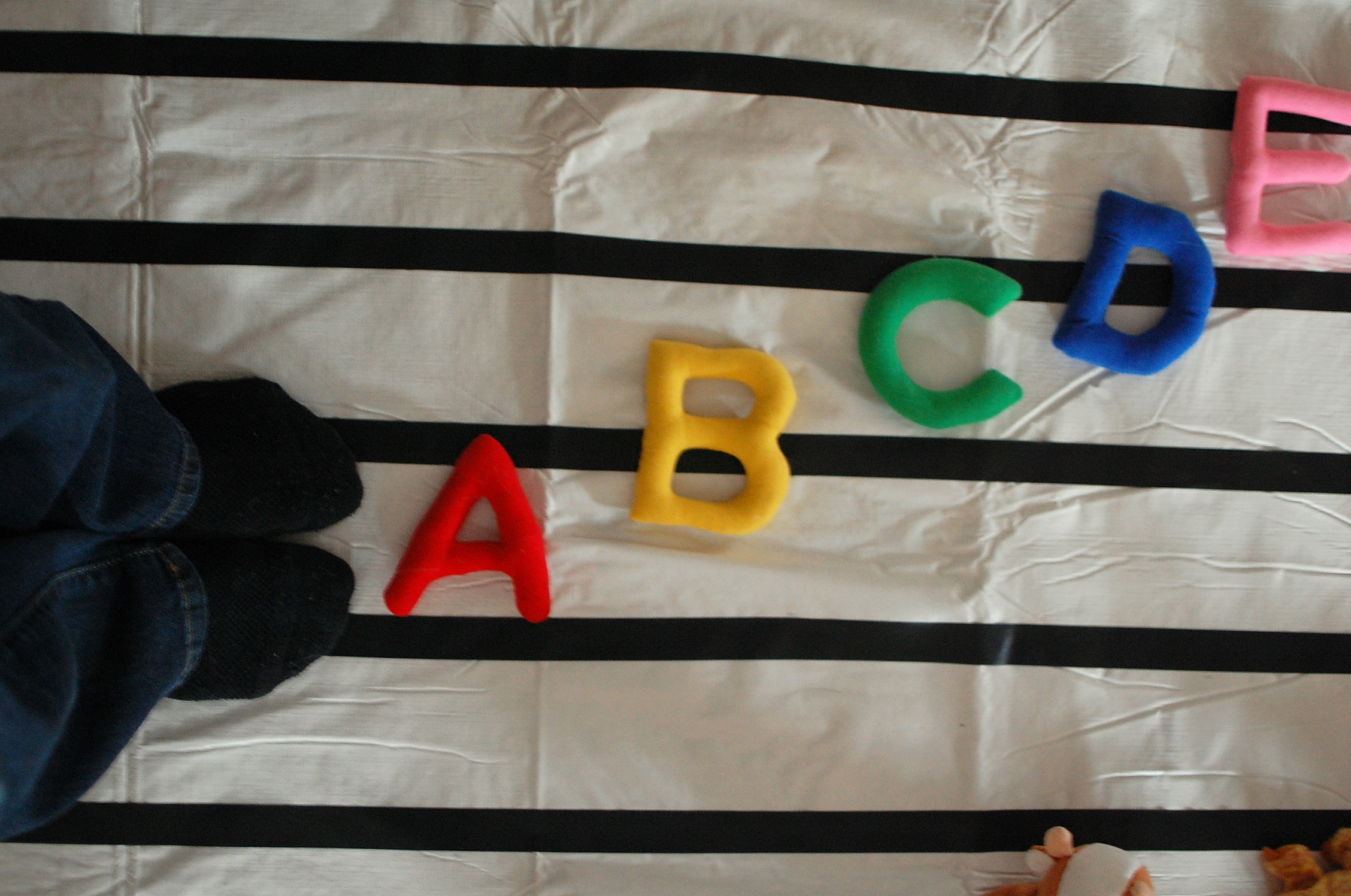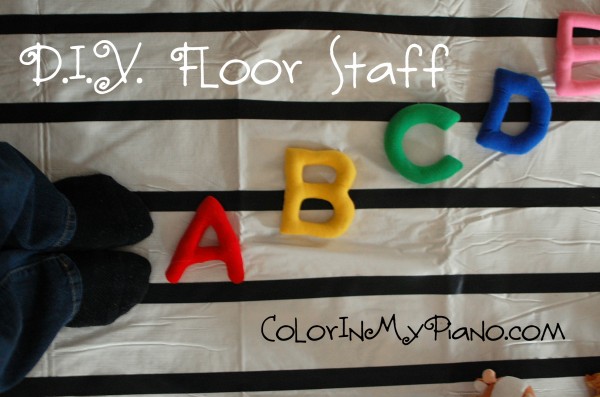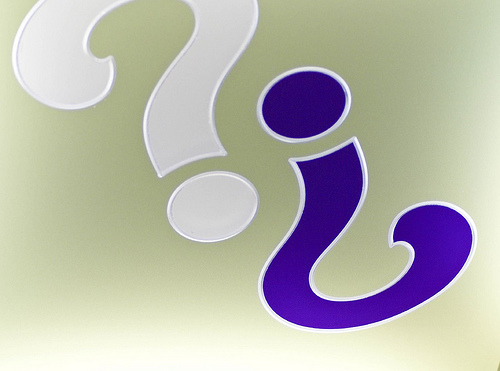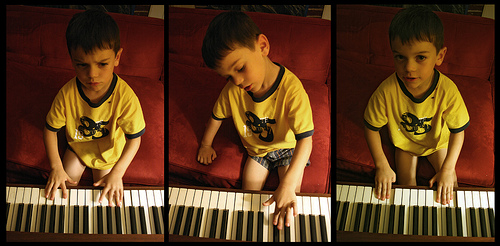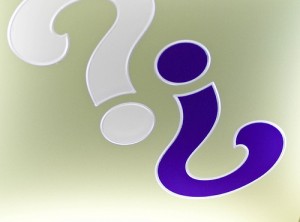 For our previous Forum Q&A, I asked about the legal side of being a business – becoming a Sole Proprietorship or an LLC, dealing with taxes, etc. My previous private teaching has mostly been as an employee of the university’s Community Music School. I find all the legal stuff for getting set up on your own to be so complicated! I am thankful for all the infomation online, books in the library, and the advice I’ve been getting from other teachers.
For our previous Forum Q&A, I asked about the legal side of being a business – becoming a Sole Proprietorship or an LLC, dealing with taxes, etc. My previous private teaching has mostly been as an employee of the university’s Community Music School. I find all the legal stuff for getting set up on your own to be so complicated! I am thankful for all the infomation online, books in the library, and the advice I’ve been getting from other teachers.
I’m still sorting this all out, but I did decide to be a Sole Proprietor. Becoming an LLC does have the benefit of protecting your personal assets in the event that someone should sue the business for some reason (they can go after your business assets but not your personal assets). But setting up an LLC is more complicated and costly than a Sole Proprietorship. Of course, as a piano teacher, the chances of getting sued are relatively low. If you do want some protection, extra liability protection can often add something on to your current homeowner’s insurance policy for this purpose. Oh, and another thing I learned — be sure to check with your city to see if they require a zoning permit for running a home business and having a sign outside for your studio. Don’t I sound smart?! I’m learning so much these days! 😉
Regarding taxes — I decided to hire a CPA to handle my taxes for my first year or two, or until I can learn how to manage it all on my own. I feel good about my decision. Keeping track of my income and expenses shouldn’t be too complicated, but estimating quarterly taxes is complicated for me since I don’t really have anything to refer to from previous years. My CPA should be able to help me get up-and-running. 🙂
Anyway — I received a question yesterday from a reader that is perfect for this week’s Forum Q&A. Here goes:
How do you know when to say “no” to a potential student? What do you look for when you interview an interested student? What kinds of questions do you ask to sift out whether you are going to accept the student? And what do you do when you realize you’ve made a mistake with a student you said “yes” to?
In all honesty, I kind of wish I had this problem! Right now, I am saying “yes” to anybody who comes through my door. Such is the life of a recently-relocated piano teacher. 🙂
Advice, anyone, for this reader?
Photo Credit: Valerie Everett | CC 2.0
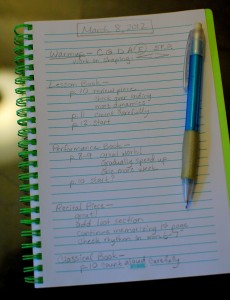 Last Thursday, we started a Forum Q&A discussion about assignment notebooks/pages for students. Today, I thought I’d share my own method of tracking assignments — and, of course, also announce the winner of the giveaway!
Last Thursday, we started a Forum Q&A discussion about assignment notebooks/pages for students. Today, I thought I’d share my own method of tracking assignments — and, of course, also announce the winner of the giveaway!

